The real reset of US-Russia relations has begun?
While international opinion has largely been negative about the outcomes of the Biden-Putin summit in Geneva, Xiang Lanxin remains positive, saying that the US nursed Russia's psychological wound by referring to the two countries as "two great powers" and paved the way for the US and Russia to work together against the China threat.
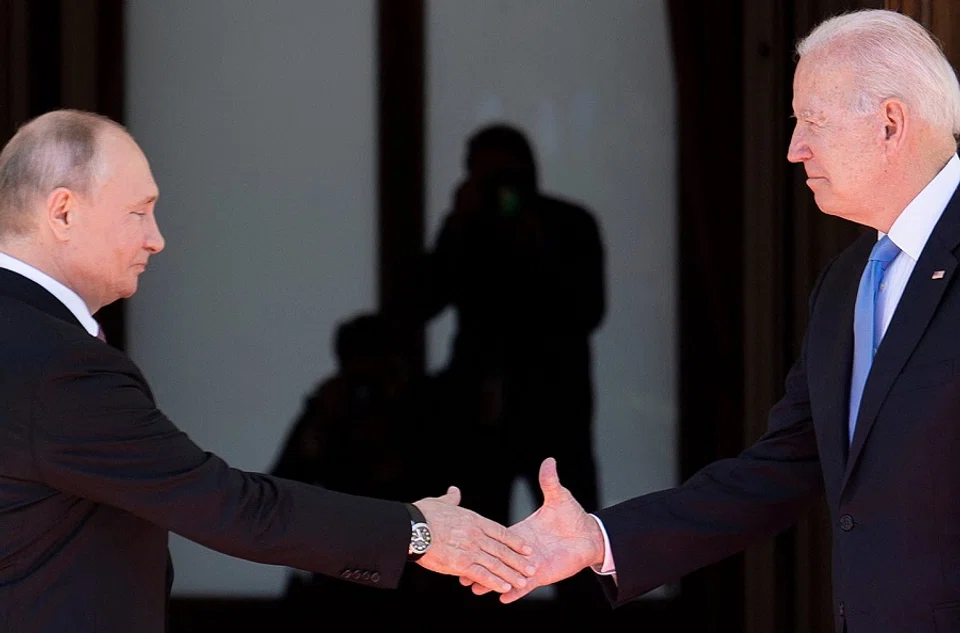
International views were largely pessimistic leading up to the US-Russia summit in Geneva. But the talks on 16 June concluded quickly and ended early, which is rare in diplomatic history. Each party had earlier criticised the other, but those lines were meant for domestic audiences. At the summit, there was no shouting match or displays. Both sides got to the point and reached a consensus quickly.
The calm and composed atmosphere of the summit seems to have been well-orchestrated. Both sides came prepared. US President Joe Biden even read several biographies on Russian President Vladimir Putin. The summit was like a dance - the choreography was superb, the dancers were one, the performance naturally immaculate.
Understanding the psyche of great powers and second-rank powers
International public opinion, however, undervalued the outcomes of the summit and failed to grasp its significance. At the recent EU summit, France and Germany suddenly proposed a reset of EU-Russia relations. The fact that they now want to put Russia's annexation of Crimea behind them is clearly based on the judgement that the US and Russia are resetting their relations and the EU does not want to fall behind. Lifting psychological barriers was the biggest breakthrough of the meeting. Following the dissolution of the Soviet Union after the Cold War, Russia was trapped in a period of economic and political chaos. Putin's rise to power was key to Russia gaining domestic stability. But the West has often interpreted Putin's aggressiveness as ambitions for restoring former glories of empire. But Putin only really wants to safeguard Russia's national security.
In history, Russia has never governed a single nation-state. The House of Romanov, like the former Soviet Union, had mainly governed multi-ethnic empire states. This is similar to the British experience of empire. Once an empire is lost, it takes time to adapt to governing just the home country. After World War II, the UK repeatedly misjudged international and domestic realities, taking 30 years to accept being a second-rank island country.
As soon as the summit commenced, Biden described the US and Russia as "two great powers", a term that Putin has been longing to hear.
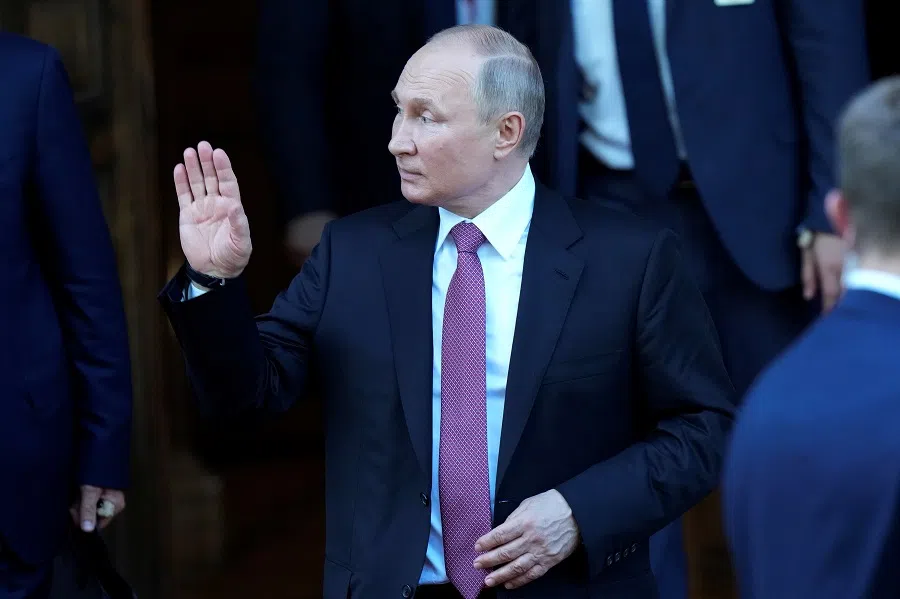
The US ignored the fact that Russia was adjusting to new realities and constantly oppressed Russia following the Cold War. The US also hit Russia when it was down and downplayed the key role that the former Soviet Union had played in ending the Cold War. American leaders could not care less about Russia's international standing, often mocking and discrediting it. Former US President Barack Obama once said that Russia was but a regional power that was smaller and weaker than the US, and did not pose the greatest security threat to the US.
As soon as Putin took office, he put raising Russia's international status as his top priority, and won the longstanding support of the voters. However, Putin is pragmatic. While he has criticised the West, he has never launched an ideological challenge. His US policy is certainly not based on the theory of "an America in decline", and neither does he speak to his domestic audience about the superiority of the Russian system.
'Two great powers'
Biden acknowledged the rationality of Putin's governing philosophy, which is a first among US presidents since the Cold War. As soon as the summit commenced, Biden described the US and Russia as "two great powers", a term that Putin has been longing to hear. Once Russia's psychological barrier of being treated as a second-rate country for over 20 years was lifted, it paved the way for the summit's success.
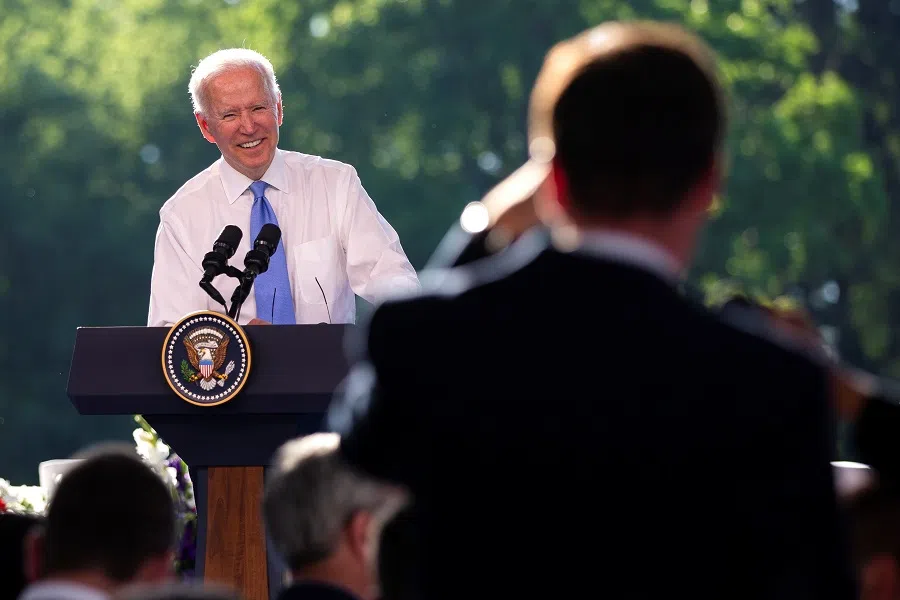
Both parties have reaped various gains on a few major issues. On the topic of Ukraine, the consensus of returning to the Minsk agreements has alleviated current tensions. Before the summit, Putin warned of possible military conflict in the event of Ukraine joining NATO. NATO Secretary General Jens Stoltenberg hit back saying that Russia has no veto power over such a decision. But Biden said it "remains to be seen" if Ukraine can join NATO because "the fact is they have to meet other criteria to get into the action plan". Putin obviously got the message.
On human rights issues, while the US made a lot of noise before the summit, it only laid out a single "red line" to Putin, that is, that the consequences would be devastating if dissident Alexei Navalny died in prison. Again, Putin would have understood the implications. After all, unlike the Taiwan and Hong Kong issues, this is purely Russia's internal affairs and does not concern the strategic stability of great powers. Progress was also made on the issue of cyberattacks, with a list of 16 sectors designated by the US government as off-limits to hacking.
Reminding Russia of the China threat
Clearly, the significant changes in Biden's Russia policy are premised on oppressing China by supporting Russia. Biden directly sowed discord between Russia and China, saying that Russia was "being squeezed by China" and planted the seeds that Russia's dip in international standing cannot be attributed to suppression by the US as China's rise has a greater impact. Moreover, in China's narrative that "the East is rising while the West is declining", Russia is excluded from the "rising" camp and it is not worthwhile for Russia to be China's "little brother". Putin is a master of strategic thinking. He certainly has much to think about after the meeting.
Following the summit, Russian policy elites immediately asked to launch trilateral nuclear negotiations because only a similar arrangement to the Russia-US-China strategic triangle during the Cold War period can show Russia's equal footing with China and the US...
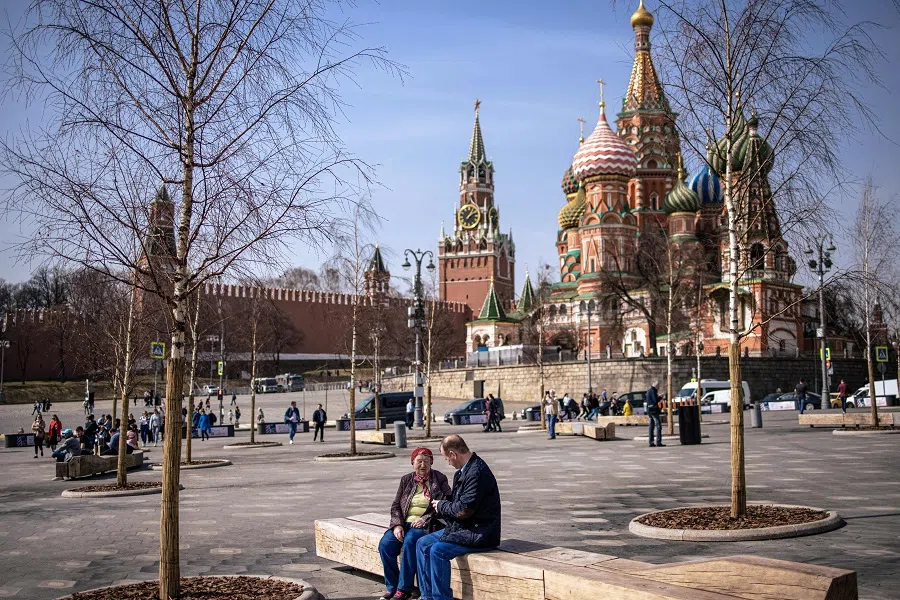
I am an academic council member of the Valdai Discussion Club and have participated in numerous dialogues with Putin. A Russian colleague hit the nail on the head when he said the meeting succeeded precisely because it looked a lot like a summit during the Cold War. In the current international environment, strengthening the substantive relationship between the US and Russia is key for Russia's rise. Following the summit, Russian policy elites immediately asked to launch trilateral nuclear negotiations because only a similar arrangement to the Russia-US-China strategic triangle during the Cold War period can show Russia's equal footing with China and the US, and a nuclear arms control talk is the best platform for that.
Some Chinese scholars like to talk about "misreading" but actually, there is no misreading in great power relations, but there is misjudgement. The so-called misreading is actually a clash of fundamental beliefs which is used to shift the blame for misjudgement to the other party. Great power diplomacy cannot prevent misreading; its aim is to eliminate misjudgement on the basis of guarding one's interests. The US-Russia summit was of a high standard and was a highly professional diplomatic event. The real reset of US-Russia relations has begun.
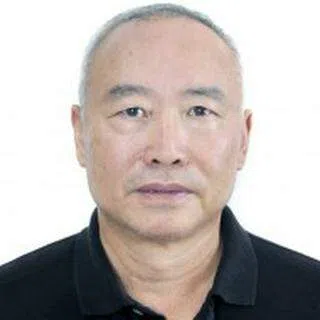

![[Big read] When the Arctic opens, what happens to Singapore?](https://cassette.sphdigital.com.sg/image/thinkchina/da65edebca34645c711c55e83e9877109b3c53847ebb1305573974651df1d13a)


